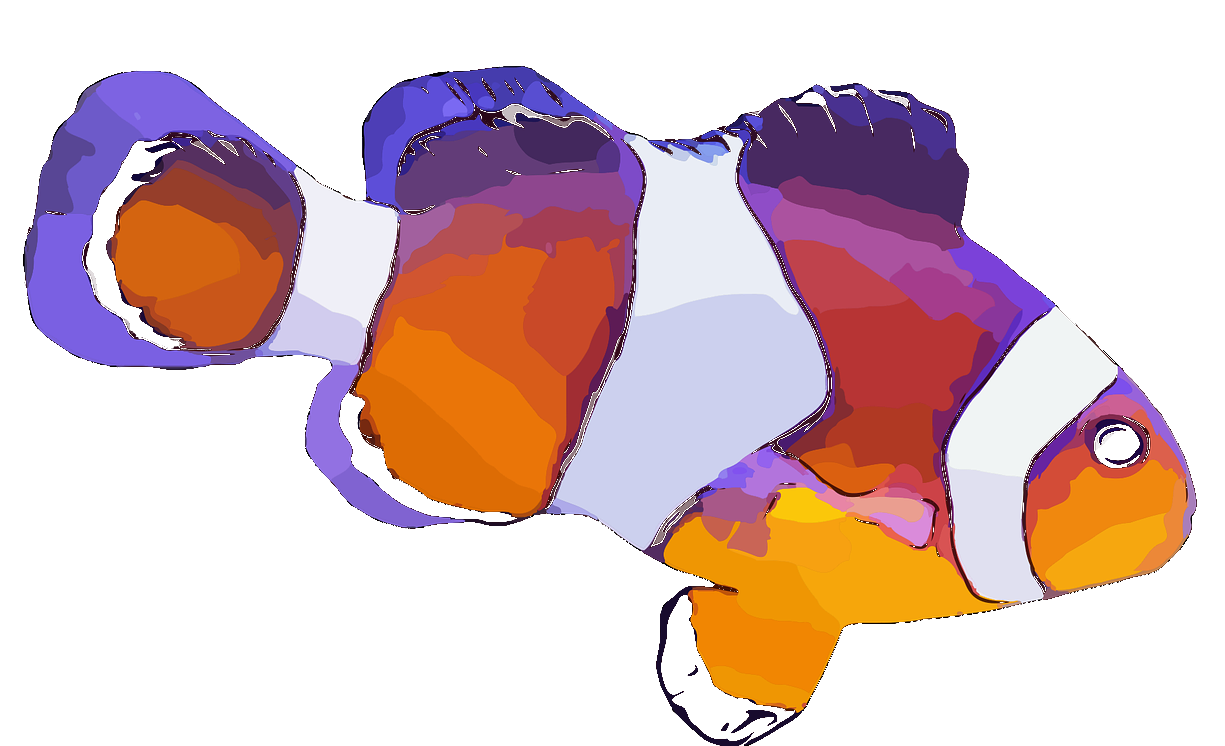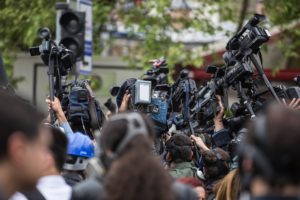Call me late to the party, but I’ve just finished watching the debate between Harris and Peterson and the great moderation by Bret Weinstein. While this is only part 1 and over 2 hours long, I recommend you watch it for yourself and reach your own conclusion. Otherwise, here is my opinion on the debate.
Both debaters are very well educated, and read. Peterson is of the belief that religion and God are necessary for humans to be able to distinguish right from wrong. While Harris believes those qualities are inherently present in us. A few months back, I wrote about a researcher that claimed religion, as we know it, originated around the same time our societies shifted from hunters and gatherers to agriculture and domestication. Prior to this shift, our societies were small, much smaller than the maximum of 150 connections humans can consistently keep track of. The researcher argues that in small groups, malevolent behavior can be kept in check by the group. A thief could be cast out, and due to the harshness of these societies, where everyone’s help is needed in order to survive, the thief would suffer dire consequences as a result. Similarly, people who didn’t pull their weight, would be quickly noticed and punished accordingly. One has to remember that in these societies, the person that gets the water into the village cannot be spared for too long to also help with the harvest. These type of societies were just big enough to support themselves, and everyone had to have a job, otherwise they bared a tax the community could not endure for too long.
However, as we discovered agriculture and domestication, our societies grew to a point where a loafer would be more difficult to spot. Where a thief would be more difficult to catch. What do you do then? These people, while no longer having an immediate impact on the well-being of the larger group, did eventually impact it. As a way to share the communities’ “code of conduct“, stories, and practices were enacted, and religion was born.
Peterson, to me, seems to either not be aware of this research, or ignore it completely. Peterson seems to believe that without these religious beliefs, our societies would fall into chaos. All the while not acknowledging they have a time and a place and that perhaps in these new century, that time and place may have passed.
Harris, it seems to me, is equally unaware of the same research and is of the opinion that truth and science will set us free. Rightly, he’s a critic of religious dogma. And like Peterson, he fails to acknowledge that religious beliefs were simply a means for our ancestors, who lacked technological advancements we take for granted (like writing or a common language), to communicate their “code of conduct“. Harris makes an additional argument about religion and its danger, in that he explains how dogmatic beliefs, which are implicit in all religions, can have the very antagonal effect our ancestors intended when passing said practices.
Watching part 1 of the debate, I am of the opinion that Harris’s argument has more weight in today’s society as related to unchecked dogmatic mantras. One could argue that ISIS emerged from these unchecked beliefs, or interpretations of the Quran (though we’d likely ignore other contributing factors like America’s interference in that region). Much like in the crusades when Christians killed thousands in an effort to “save” them from paganism.
However, there is a power in stories. Otherwise, how do you explain the success of Trump or any other conman in history? This power, like any other, can be used for good or evil. And while I am not a proponent of regressing to the 1st century, I am of the opinion that as we become ever more global, we need to find a way to keep loafers from turning into thieves. Religion, in its current form, will not address this, but neither will science. Science is too abstract to expect the masses to get it (myself included).
I do not have the answer, but I think we must continue to debate each other in order to find it. It is only through this debating that we may have any hope to bring about a better world.


